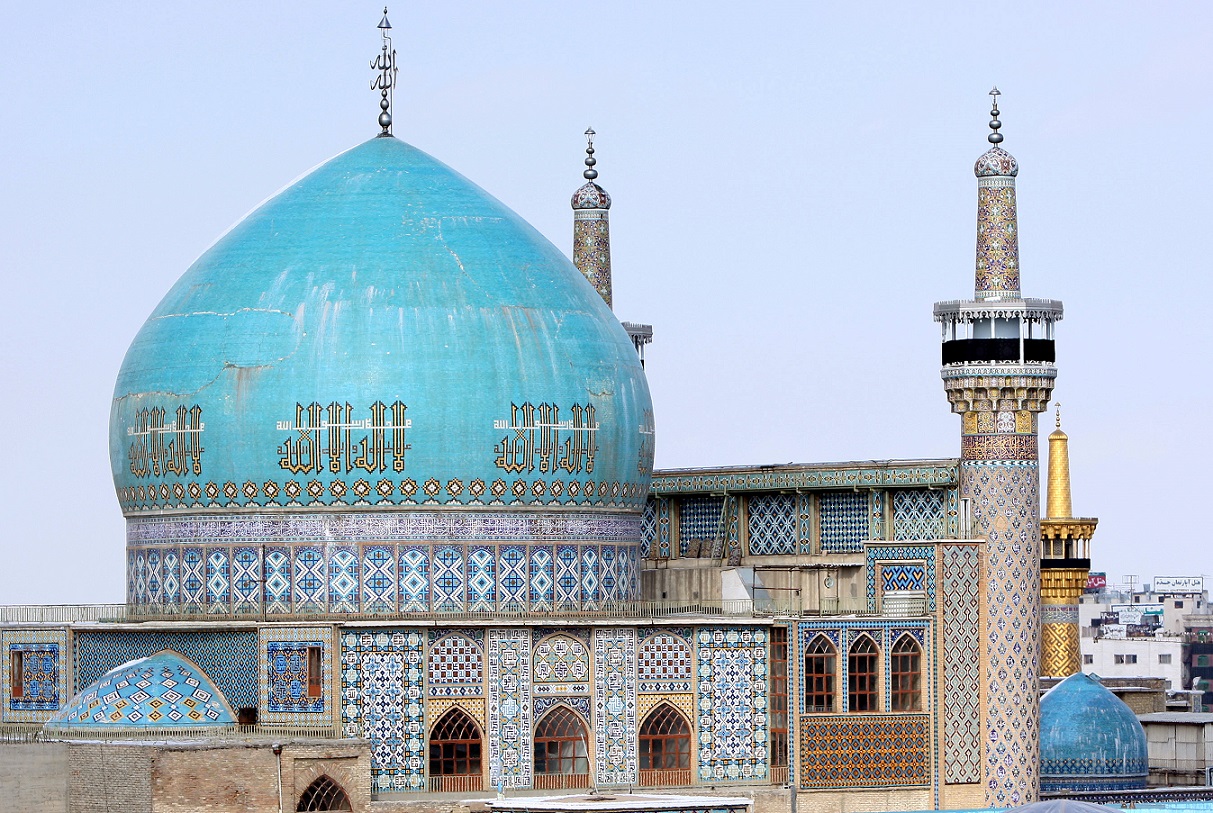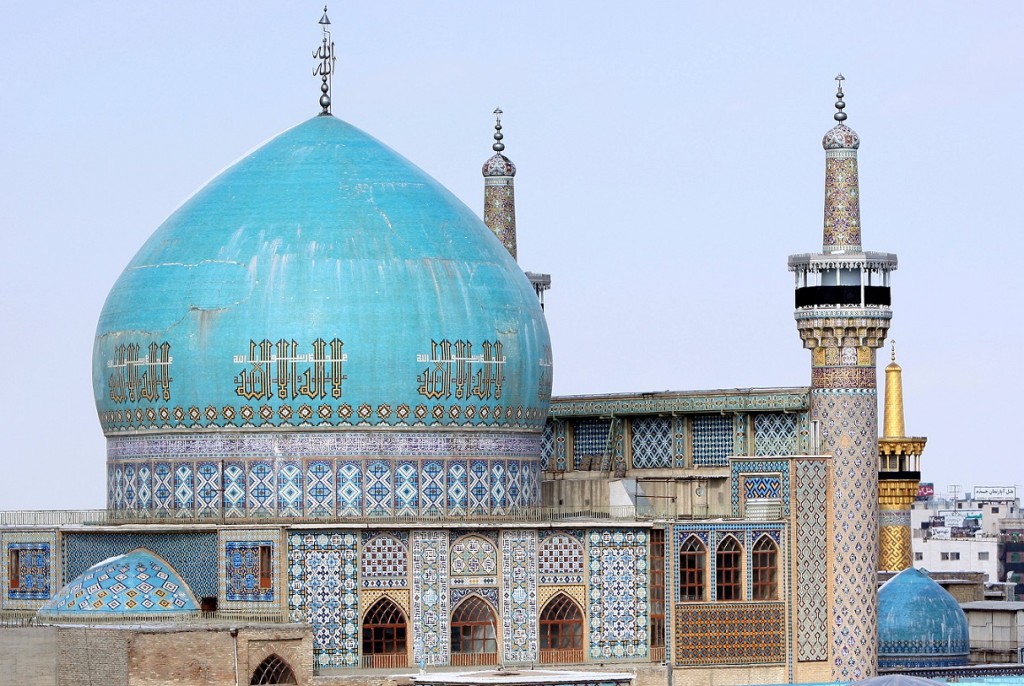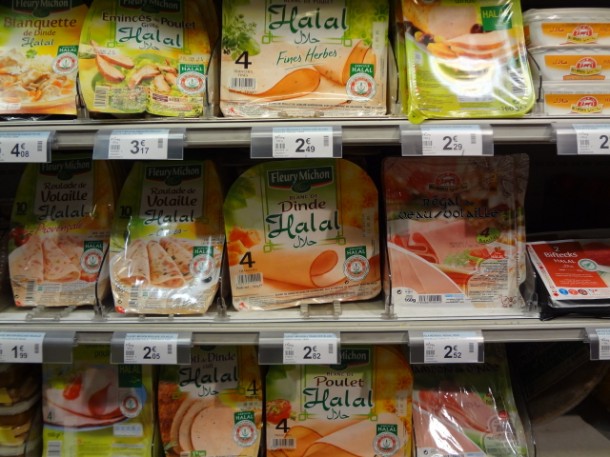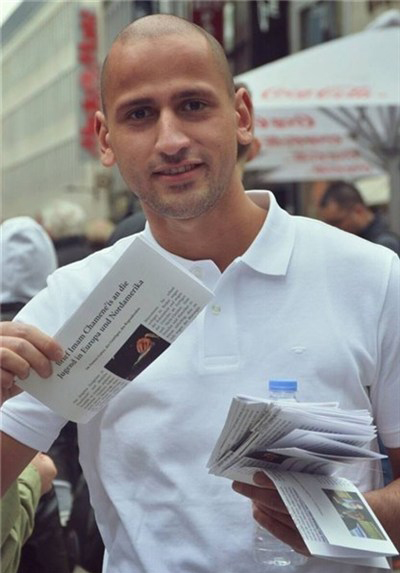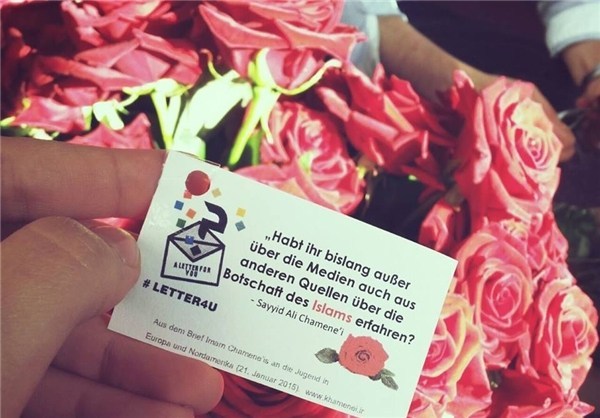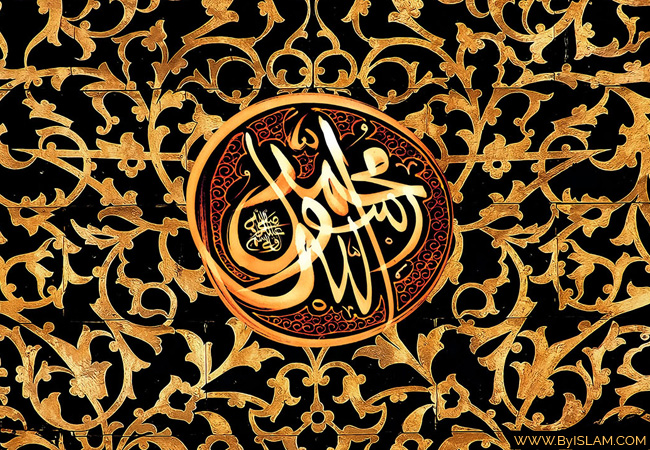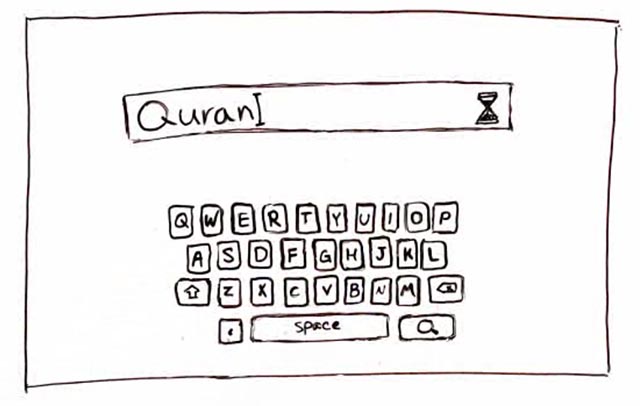The Social Effects of Fasting
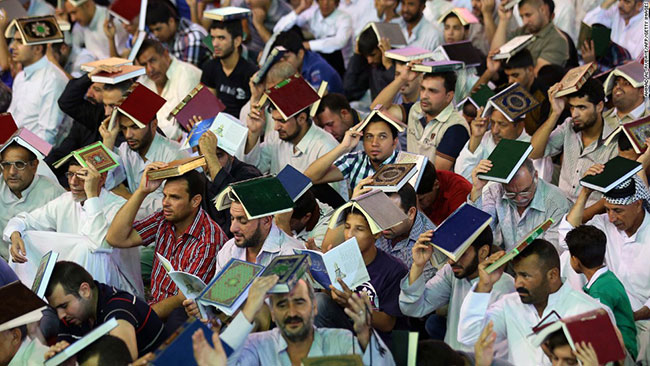 [su_heading size=”19″]The Social Effects of Fasting[/su_heading]
[su_heading size=”19″]The Social Effects of Fasting[/su_heading]
[dropcap]1[/dropcap]Fasting and the Equality between the Rich and the Poor:
The social effects of fasts are evident. Fasts impart the message of equality amongst the individuals of the society. By acting upon this religious obligation the affluent ones not only get first-hand experience of the hunger of the hungry and the impoverished ones of society, but economizing on their daily food also serves to benefit them. .It is quoted upon the authority of Imam Sadiq: “God made fasting obligatory so that the rich and the poor are made equal. If there were no fasting, the rich would never experience the feeling of hunger that would make them have mercy on the poor, for whenever the rich desire something they are able to acquire it. Thus God desired to place His servants on the same level, and that the rich experience hunger and pain so that they have compassion for the weak and have mercy on the hungry.” (Mahajjah al-Bayda, v.2, p.124)
We see in this tradition that one of the philosophies behind fasting in the month of Ramadan is to reduce the gap between the rich and the poor people. Wealth has always divided human societies into two classes – the rich and the poor. The rich who possess means of comfort and convenience can never realize the hardships and pains suffered by the poor and experience what they go through. When one fasts, he gets hungry and thirsty. His human emotions get aroused and he starts to think of ways to help those who are hungry. It is interesting to note that according to Islamic jurisprudence no rich man can pay a poor man to fast instead of him. This clearly shows the purpose behind fasting.
[dropcap]2[/dropcap]Unity, Brotherhood and Charity:
The fast of Ramadan helps the Muslims to be aware of their unity. From the moment the new moon is seen, the whole Muslim world enters into the spiritual discipline of fasting. Mutual awareness and mutual sympathy between Muslims is increased. We try doing more acts of charity towards each other. We bear in mind that back-biting gossip, quarrelling and so on can take away the spiritual benefits and reward of our fasting.
[dropcap]3[/dropcap]Fasting develops dignity
People who have persevered against hardships, such as hunger and thirst, and have thus trained their body and soul, can challenge and overcome every difficulty they may encounter in life. Hunger and thirst cease to be great threats for such people. Hunger pains are no longer a chain that holds them back. Such people can protect their self-respect and dignity at any cost. They will not beg for money or food, even when they are hungry.
Yogis can go on living without food or drink for six months, even though they are not seeking the pleasure of Allah, therefore it is not hard to understand how believers feel secure that with the help and consent of their Lord they can easily endure more physical suffering without degrading themselves before other people if they fall on hard times. But those who have never fasted and thus immunized their body against hunger will most probably abase themselves and begin to beg for food in order to satisfy their hunger when they find themselves having to do without.


